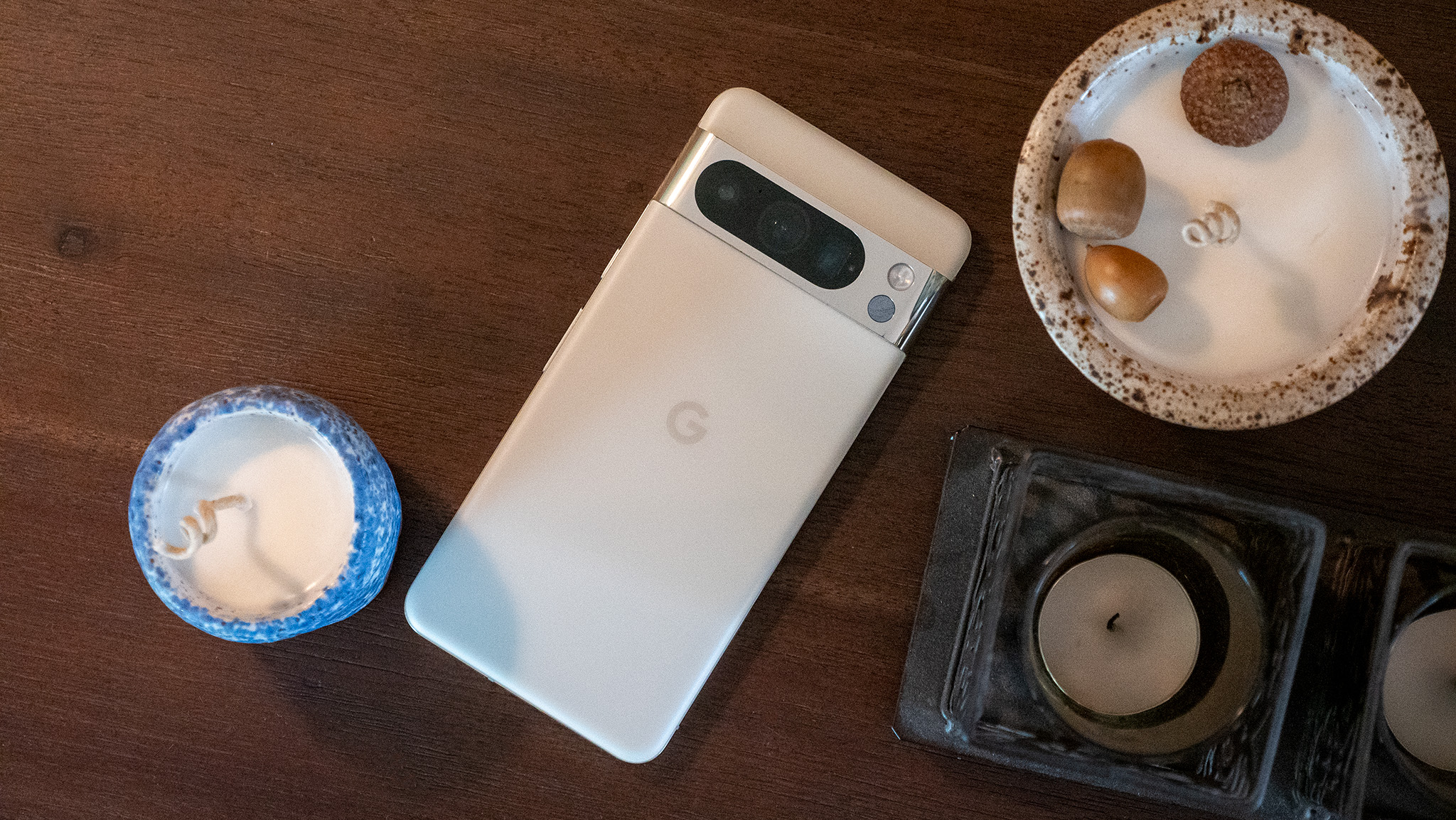In the most recent episode of the Made by Google podcast, Seang Chau, Google's Vice President of Devices and Services, discussed the promise.
Chau claims that Google was only able to provide greater software support since it switched to using bespoke Tensor processors in its most current handsets. First, the duration of support was extended from three to five years, and now it is seven years.
"After we got a couple more years of Tensor under our belt, and we're really being able to figure out how to best do those updates," Chau said, "...we got a lot more comfortable saying we can go to that seven years and be able to deliver to our customers that extended time."
The choice to offer a seven-year promise was no accident, either. Google looked at how long the original Pixel remained in use and found that there were still a significant number of active users until roughly seven years after its initial release. This was the basis for Google's decision to go with seven years of support. "So if we think about, okay, we want to be able to support Pixel for as long as people are using the device, then seven years is about that right number," said Chau.
Chau claims that one of the trickiest components in enabling older devices to run fresh software is the chipset. Google believes it can fulfill this lengthy commitment, though, in part because of its ongoing lab and beta testing, which is made possible by Android's new Quarterly Platform Releases (QPRs).
"Now that we have these beta programs year-round, we have much more confidence that we'll have a reliable update for users on a quarterly basis because we have a lot of beta testers," Chau said.
"Now that we have these beta programs year-round, we have much more confidence that we'll have a reliable update for users on a quarterly basis because we have a lot of beta testers," Chau said.
Chau concluded by talking about how Google would decide whether functionalities are compatible with older devices. Since the corporation first prevented Gemini Nano from operating on the Pixel 8 on-device, this has become a very popular topic. Later, after more testing, it changed its mind and decided to release Gemini Nano for the Pixel 8.
Because of the ambiguity around the Pixel 8's constrained RAM, Chau claims that any future Pixel feature enhancements will be software-based. Future features should ideally not require more hardware to function.
We can understand part of the thinking behind the Pixel's new seven-year update commitment thanks to Google's public remarks about it. But who knows what these Pixel phones will look like in 2030? Only time will tell.


1 Comments
Pixel 8 user here, and the camera is incredible! Crisp, clear photos and night mode blows my mind. Google Assistant is a lifesaver with call screening and voice typing. Phone runs smooth and the software is amazing. Battery life lasts most users a full day, maybe needing a top-up for heavy users. Only thing is I personally didn't like the colours offered much. So I went ahead with getting pastel colour skins from gadgetshieldz. Definitely can't give up this phone because of a minor inconvenience. Overall, fantastic phone for camera lovers and those who want a clean, helpful experience.
ReplyDeletePost a Comment